Table of Contents
Various Aspects of the Educational Views of Comenius:
We will discuss the various aspects of the educational views of Comenius under the following headings-
- Principle of Pansophia.
- Aim of Education.
- Construction of curriculum.
- Method of Education.
- Discipline.
- School.
Principle of Pansophia:
Meaning of Pansophia- We have already seen that Comenius was of the view that everybody should acquire complete knowledge. This is called the principle of Pansophia or complete knowledge. Comenius defines the principle of Pansophia in the following words-
“The Pansophia work was to be an accurate anatomy of the universe dissecting the veins and limbs of all things in such a way that there shall be nothing that is not seen, and that each part shall appear in its place and without confusion”.
Aim of Pansophia- While explaining the aim of Pansophia, Comenius wrote-
“The purpose of Pansophia’s work is not so much to make men learned as to make them wise, to give them an understanding of their own ends and the end of all things”.
Organization of Pansophia- Comenius has presented a plan of worldwide textbooks, universities and international languages to enable all men to acquire complete knowledge. He wrote an encyclopaedia named “Pansophia” to explain all the things which are useful for the present and future life of man. In his other book, “Pan Hysteria”, he has presented the history of the struggle of nature and creatures.
Criticism of Pansophia- The principle of Pansophia or complete knowledge as propounded by Comenius seems to be impracticable because it is not possible for all men to know all the things of the world. In the modern age of specialization, this appears to be a mere imagination.
Importance of Pansophia- Though the principle of Pansophia is impracticable yet its importance cannot be denied. Comenius was of the view that if all the persons acquired complete knowledge, wars and mutual conflicts will come to an end and it will lead to the development of international goodwill.
Aims of Education:
Development of knowledge, virtue and piety- According to Comenius, the development of knowledge, virtue and piety are the main aims of education. Regarding the aims of education, he writes:
“The entire youth…..shall become learned in the sciences, pure in the morals, trained to piety and in this manner instructed in the things necessary for present and future life”.
Self-knowledge- According to Comenius, the main aim of education is to ‘know Thyself’. He further writes that when man will know or search for the empire of heaven situated in his heart, he will realize and get unlimited happiness.
Construction of Curriculum:
Fundamental views of the construction of curriculum- Regarding the construction of curriculum, Comenius wrote the following:
“My curriculum will include all these subjects which are able to make a man wise, virtuous and pious”.
Again, “But do not imagine that we demand for all men a knowledge of all sciences and arts. It is the principles, the cause and the uses of all the most important things in existence that we wish all men to learn…….For we must take strong and vigorous measures that no man in his journey through life may encounter anything unknown to him that he cannot pass sound judgement upon it and turn it to its proper use without error”.
Determination of subjects in curriculum- Comenius put forward a vast plan regarding the construction of a curriculum, for determining different subjects for different groups. We will discuss his views regarding the determination of subjects in the curriculum under the following headings-
(1) Mother School- Like the psychologists of modern times, Comenius attached a great value to the building of a child’s personality during the first six years. According to him, children should be given education in the loving environment of their parents. He was in favour of making provision for education even from the time of pregnancy. For this, pregnant mothers should be given an education. He was of the view that the mother should take care of the entertainment, food and exercise of herself and her child. Children should be kept neat and clean. In order to prepare them for future life, children should be given an opportunity for learning primary things of geography, history, mathematics, economics, astronomy, optics etc. For example, the children should be told from which side the sun rises and to which side it sets. Moral education should be given through examples rather than precepts.
(2) Vernacular School- He made a plan for vernacular schools for the children of 6 to 12 years. He included writing, reading, geography, history, economics, civics, general knowledge, handicrafts etc, in the curriculum for this stage. Mother language should be the medium of teaching all the subjects. He was in favour of having 6 classes in schools. He fixed four hours each for study in school and at home.
(3) Secondary School- According to Comenius, there should be a secondary school for boys or girls of 12 to 18 years. The curriculum at this stage should include four languages and a mother language, Latin, Greek, Hebrew, politics, mathematics, music, astrology and religion. Besides this, he recommended self-discipline and social conduct also.
(4) University- Comenius recommended university education for boys of 18 to 24 years. He was in favour of allowing only brilliant students to receive a University education. Students having special abilities should also study other subjects in addition, for acquiring speciality in some particular subject.
Method of Education:
Fundamental Principles of Method of Education- Comenius was dissatisfied with the existing method of education because in his view, what can be taught in one year, is taught in ten years. Moreover, whatever is taught, is taught in a very ambiguous way so that the students do not get clear and doubtless knowledge of anything. In view of the said two defects, Comenius propounded the following principles of the method of education-
(1) Follow the Nature- The first fundamental principle of the method of education propounded by Comenius was to follow the nature. In other words, the system which is found in nature should also be adopted in the method of education. Comenius has pointed out the following four systems in nature-
- Nature always works at a fixed time.
- Before producing the form of anything, Nature first produces its essential elements.
- In all the activities of Nature, the development starts from within.
- Nature proceeds through grades.
In view of these, in education firstly subjects should be presented at the proper time; secondly, things should be presented before words; thirdly, the subject should be first clearly explained and then given to remember it, fourthly, during teaching, outlines of the subjects should be first clearly explained and then examples and exceptions of the same be given.
(2) Importance of the Child’s Interest- Comenius considered only that education is good in which due consideration is given to the interest of the child. The environment of the school should also be in accordance with the interest of the child.
(3) Importance of self-study and self-observation- Comenius gave an important place to self-study and self-observation in the method of education. He writes:
“They must learn to know and investigate the things themselves and not observations that other people have made about the things……that no information should be imparted on the grounds of bookish authority but should be authorized by actual demonstration for the senses and to the intellect”.
In addition to the aforementioned principles, Comenius propounded many principles for the guidance of the teachers. In brief, he propounded the following principles-
- The method of education should be according to the interest, ability, age, etc. of the child.
- The teacher should proceed from simple to difficult.
- Things should be presented before the words.
- The general principle should first be explained and then the examples should be given.
- Opportunities should be given for self-study.
- The importance of self-observation should be stressed.
- Children should be given knowledge on the basis of their sense-organs and reasoning power.
- In order to clarify the knowledge, a comparison of things should be given.
Discipline:
Opposition to Present Repressionistic Discipline- Comenius was very much dissatisfied with the existing system of discipline in the schools, which according to him are a terror to boys and slaughterhouses of the mind. Regarding the terrifying condition of the schools of his time, he wrote the following-
“I speak not of their porches but of their skins which had to suffer for fists, canes, sticks, birch rods struck them on their cheeks, heads, backs……….till the blood streamed forth and they were almost entirely covered with stripes, scars, spots and weals……….In the ideal state……..they were sheer gentleness and kindness”.
In protest against the existing system of discipline, he wrote the following-
“That no blows be given for the lack of readiness to learn for if a pupil does not learn readily, this is the fault of none but the teaches who either does not know how to make pupil receptive of knowledge or does not take the trouble to do so”.
Necessity of skilful and sympathetic treatment- Comenius emphasized the necessity of skilful and sympathetic treatment with the educand. He has explained his views in this regard in the following words:
“A musician does not strike his lyre a blow with his fist or with a stick, now does he throw it against the wall because it produces discord and sound, but setting to work on scientific principles, he tunes it and gest it into proper order. Just such a skilful and sympathetic treatment is necessary to instil a love of learning into the minds of our pupils”.
Reward for Ability- Comenius was of the view that in order to create the feeling of discipline and instil a love of learning into the minds of children, able children should be given rewards. The students who violate the rules of discipline should be reformed with psychological principles. In no case, they should be punished.
School:
According to Comenius, the school should be a peaceful, interesting and attractive place. Educational equipment should be such as should inculcate love, sympathy, mercy, happiness etc., in the children. Keeping these things in view Comenius has given a picture of a school in the following words:
“The school be situated in a quiet spot far from noise and distraction….The school should be a pleasant place and attractive to the eye both within and without. The room should be bright and clean and its wall should be ornamented with pictures. Those should be either portrait of celebrated men, geographical maps, historical plans or other ornaments”.
Thus, we see that Comenius rendered a great service in the field of education by propounding the principle of Pansophia. According to him, “Universal harmony and peace must be secured for the whole human race. By peace and harmony, however, I mean not the external peace between rulers and peoples among themselves but an internal peace of mind inspired by a system of ideas and feelings”. In the modern period, UNESCO adopted the ideas of Comenius.
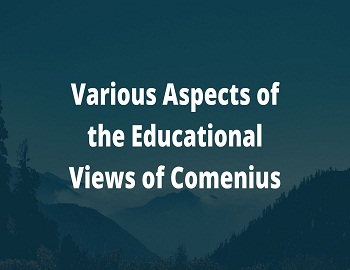


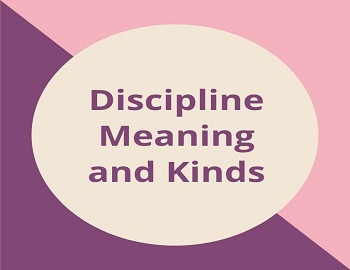
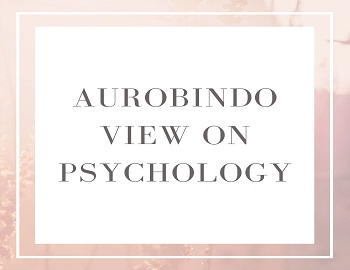

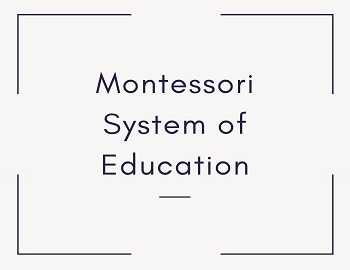

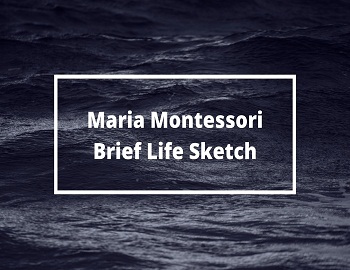
Comments (No)